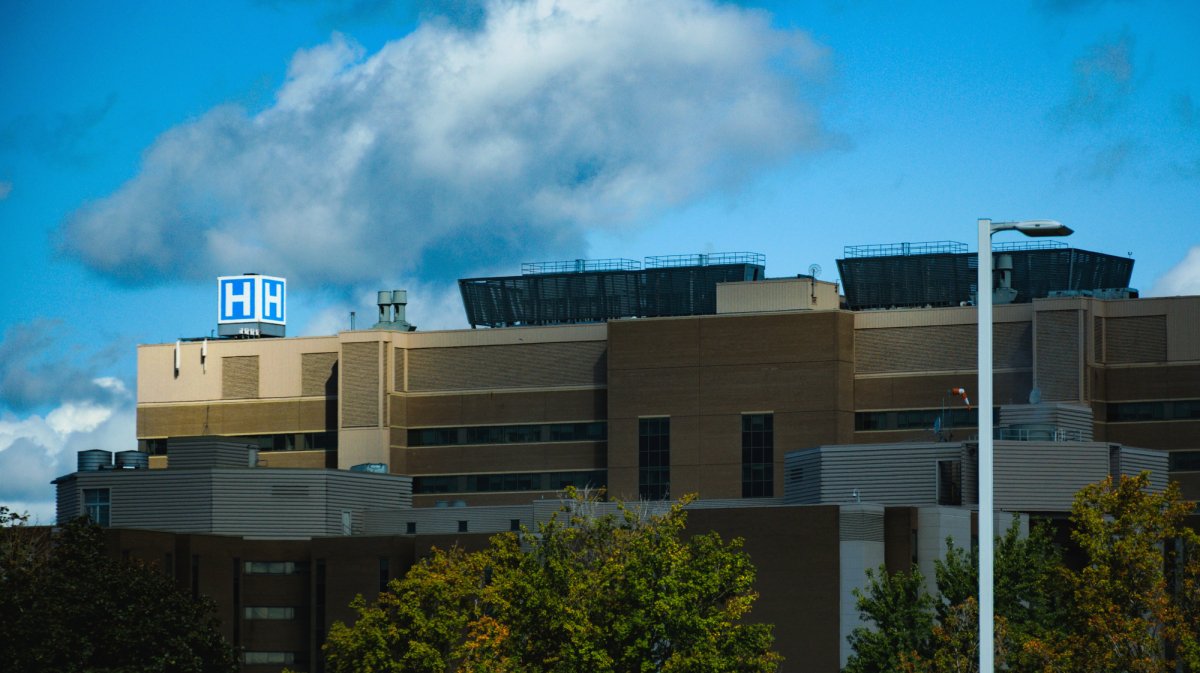The London Regional Cancer Program at London Health Sciences Centre is one of five Ontario cancer centres taking part in a new study that aims to utilize next-generation genome sequencing technology to better connect cancer patients to treatments and therapies that will benefit them the most.

The study, OCTANE, short for Ontario-wide Cancer Targeted Nucleic Acid Evaluation, was announced last month by the Ontario Institute for Cancer Research (OICR). Lawton Health Research Institute is conducting the study in London. The study is expected to run until August 2021.
The study will see the creation of a province-wide database comprised of participating patients’ genomic and clinical data, according to the OICR. That cancer genomic data can then be used to help match patients to approved treatments or to enroll in experimental targeted therapies that would benefit them.
All five cancer centres taking part in the study will be able to utilize the database. They include Hamilton’s Juravinski Cancer Centre, Toronto’s Princess Margaret Cancer Centre, Ottawa Hospital Cancer Centre, and Kingston Health Sciences Centre.
“By sharing data across the five sites, OCTANE will also help to inform the development of future treatments and research studies,” read a release from Lawson.
“The data collected by next-generation genome sequencing – technology used to decode DNA so that abnormalities can be detected – will be a very important resource for scientists and clinicians to draw on,” said Dr. Stephen Welch, medical director of Lawson’s Cancer Clinical Research Unit and oncologist at LHSC, in a statement. Welch is also the principal investigator for the London location.
In addition, blood and tissue samples collected through the study could also help researchers develop future genomic biomarkers — biological indicators in the body that can be used to diagnose a disease or assess its state, and/or measure treatment effectiveness, officials said.
Data collected through the study, they say, will allow clinicians to better match cancer patients with the best treatment by basing it off their tumour’s unique genomic profile.
More information about the study and details on how to participate can be found here.







Comments